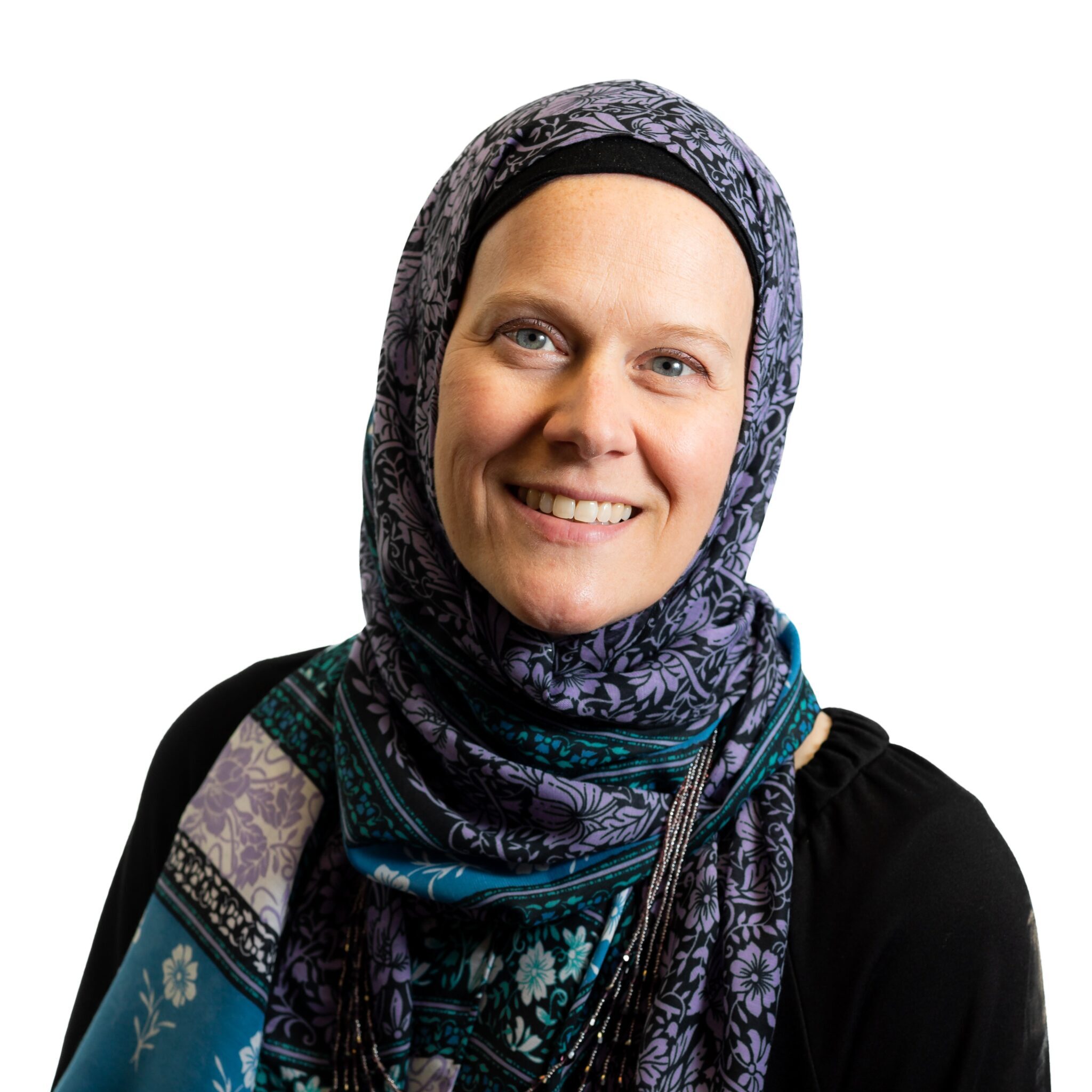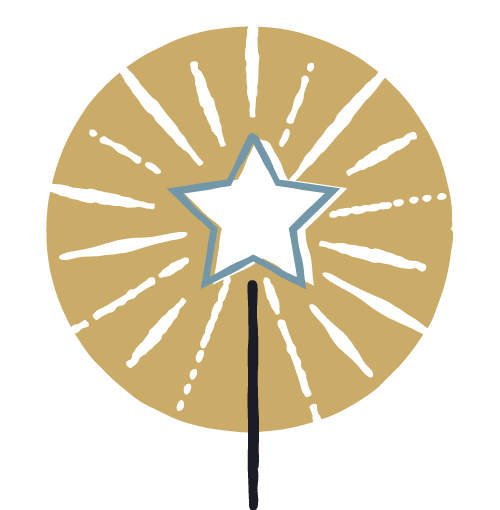Spring 2026 Schedule
This semester is about facilitating great meetings, every day.
Join sessions designed to help you make the most of your meetings.

Designing Meetings that Matter
February 19 | 10:00–11:00 a.m.
Online
Presented by Sarah Schlosser, organizational and leadership development program manager, Division of Extension
(this session has passed)
Content level: introductory
This interactive session helped participants design meetings that are purposeful, engaging, and outcome driven. Participants learned how to determine whether a meeting is truly necessary, identify the right participants, and clarify their purpose while crafting strategies that align with their desired results. Together, they explored group dynamics and introduce practical frameworks to guide their planning, including the TOP Model for structuring meetings, Tuckman’s stages for understanding group development, and the Diamond of Participatory Decision-Making for navigating discussion flow. By the end of the session, participants left with actionable strategies to engage participants, respect their time, and ensure their meetings deliver meaningful outcomes.
Recording
Leading with the Brain in Mind: Managing Emotional Energy in Meetings
March 11 | 1:00–2:00 p.m.
Online
Presented by Kelvin Alfaro, internal consultant, Office of Strategic Consulting
Content level: introductory to intermediate
Even the most well-designed meetings can derail when emotions rise, power dynamics surface, or participants disengage. Great facilitation requires more than managing an agenda; it requires actively managing the emotional energy of the group. Drawing from the NeuroLeadership Institute’s SCARF model (Status, Certainty, Autonomy, Relatedness, Fairness) and the Organizational Relationship Systems Coaching (ORSC) frameworks, this session explores how you can create psychologically safe, adaptive spaces for better group collaboration and decision-making.
Register
Facilitating Group Decision-Making
April 28 | 9:00–10:00 a.m.
Online
Presented by Elizabeth Fadell, senior internal consultant, Office of Strategic Consulting
Content level: introductory
Effective decisions don’t just happen—they require structure, clarity, and inclusion. In this interactive session, we will explore practical models and techniques for guiding group decisions, including strategies for building group consensus. We’ll share a framework for defining roles, clarifying responsibilities, and engaging multiple perspectives. By learning how to create transparent and inclusive processes, you’ll help your group make better decisions—ones that build trust and strengthen collaboration.
Register
From Conflict to Connection: Turning Team Struggle into Strength
May 14 | 10:00–11:00 a.m.
Online
Presented by Binnu Palta Hill, internal consultant, Office of Strategic Consulting
Content level: introductory to intermediate
Conflict often triggers discomfort and avoidance, but what if it could become a catalyst for trust and growth? In this session, you’ll learn to spot signs that tension is building and gain insight into your own conflict style. We’ll explore a practical framework for viewing conflict as a vital component of trust, and you’ll leave with actionable tools for de-escalating conflict when tension arises.
Register
